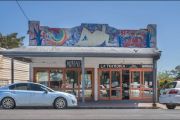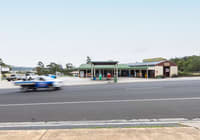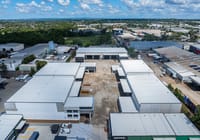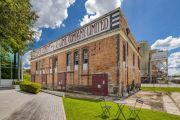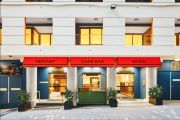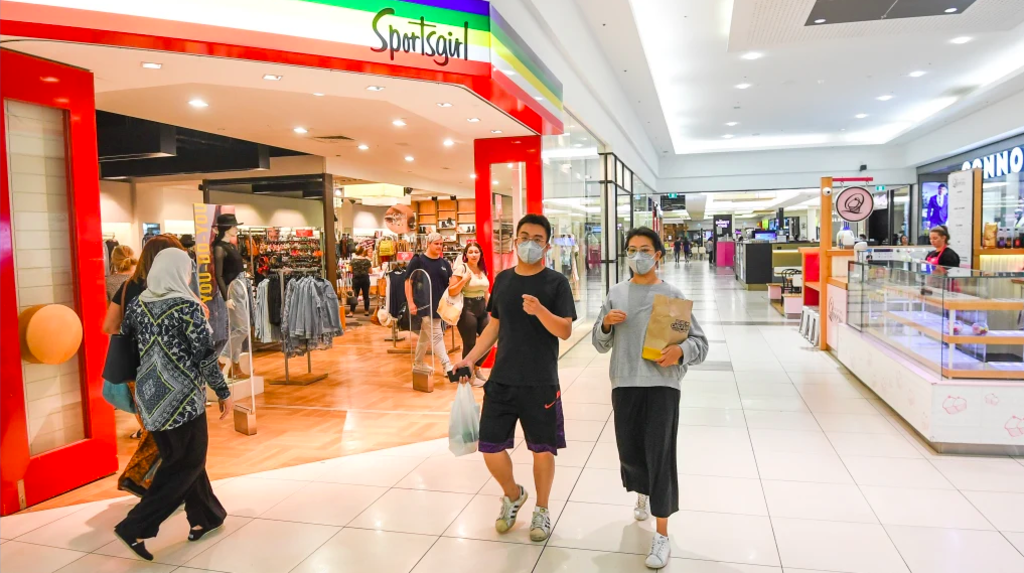
Retail prospects brighten after mall woes crush returns
Prospects for the retail sector are already improving since the woeful performance of shopping malls sent commercial property returns to their lowest ebb in a decade in the September quarter.
The commercial property sector delivered an annual total return of 0.9 per cent in the September quarter, according to the Property Council/ MSCI Australia Annual Property Index.
That result combines a 4.7 per cent income return with negative 3.7 per cent in capital growth. The annual income return is the lowest since the index began 25 years ago, as landlords, especially mall owners, struggled to collect full rent from their tenants, prompting writedowns of their assets.
The September quarter total return tally is also the lowest since the first quarter of 2010 when asset values were just beginning to trend upwards after the global financial crisis.
Weighing heavily on the overall result – which combines returns across the property sectors – was the total return from retail real estate, which fell to negative 10 per cent, its worst performance in income and capital growth so far since the launch of the index.
“Whilst markets continue to soften, led by retail, returns remain resilient with office, industrial and healthcare continuing to report capital growth,” said Mitchell McCallum, MSCI’s executive director for client coverage in the Asia Pacific region.
“Income has continued to soften to unprecedented levels, which may see capital values impacted more severely in the future.
“Conversely healthcare has seen a return to growth in capital values, which supports the strong interest around the sector.”
But Mr McCallum also noted a rising interest in retail assets, judged on inbound client enquiries at MSCI, suggesting that pricing was getting to a point where “a counter-cycle play could be arising”.
Events of the last week may add momentum to that view, after news of a breakthrough in the coronavirus vaccine sent stock prices soaring for major mall owners in particular, including Westfield operator Scentre and Vicinity Centres.
It was a further boost for the retail sector, following on the heels of the Victorian government’s long-awaited decision to unshackle Melbourne from an onerous second lockdown.
Consumption data backs the outlook for a retail sector rebounding. Consumer confidence jumped to a seven-year high earlier this month, coinciding with the Reserve Bank’s historic rate cut but before the easing of Melbourne’s restrictions was announced.
As well, retail sales volumes posted their biggest quarterly percentage gain since records were kept in 1983.
SG Hiscock portfolio manager Grant Berry said stocks of shopping centre owners such as Scentre and Vicinity had been trading at heavy discounts to their net asset values. Even so, there were already signs the downward trajectory in mall values was becoming more “muted”, he said.
“With things reopening, it is very evident foot traffic is returning and rent collections are really rocketing up,” Mr Berry told The Australian Financial Review.
“The narrative is better and the security prices have responded accordingly.
“Coming into Christmas, people have been locked up, there is going to be a strong surge of activity. The savings rate is the highest it’s been since the 1970s. People want to get out, we’re feeling safer to do that.”

